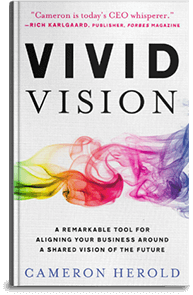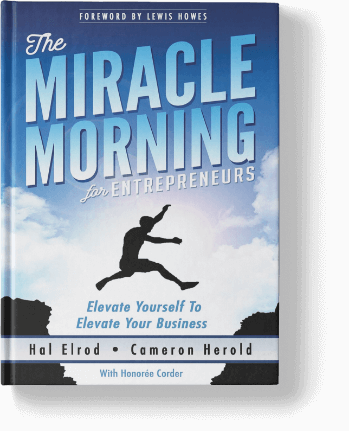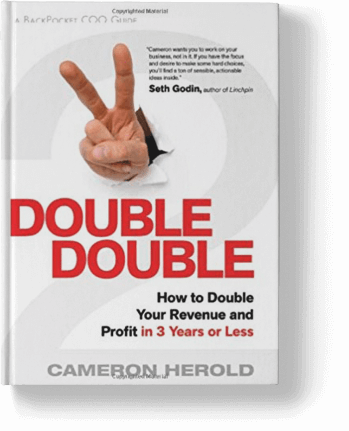“What’s your biggest fault?”
“Tell me about a time you disagreed with a supervisor.”
These are just a couple of traditional interview questions asked all the time by highly trained HR insiders. The problem is, traditional, wishy-washy interviews suck.
Sticking to the typical, pre-approved interview script means that the interviewee only says what they think you want to hear. Because of that, you end up missing out on asking a lot of questions you wanted, and needed, to ask.
So how do you have successful one-on-one interviews?
Interviews Should be Serious, Personal, and Intense
Does this mean you should hang a bare light bulb and polish up your waterboarding skills? Certainly not, but that doesn’t mean it shouldn’t be intense. Staffing your company is too important not to push for the best.
Avoiding an intense interview and therefore avoiding questions that could create potentially awkward situations can come back to haunt you. Besides, once the person is hired, things are going to get a lot more intense than the interview, so you’d be better off seeing how they deal with it in the one-on-one interview before offering them a contract.
“Ask unexpected questions. Get your applicants to tell you about the time they disagreed with a customer and how they handled it. Ask them their top three workplace accomplishments. They’re all great, tried and true interview questions. You’ll be surprised by how much more you can learn with these!” – Cameron Herold
Find a Balance
The secret to a successful one-on-one interview is balancing a professional, respectful approach and also getting what you want.
One of the most important things to know before going into an interview is that almost everyone lies, or at least exaggerates. The key is to listen to your gut and dig deeper when it tells you that something is fishy. It’s easy for someone to claim they’re good at a skill, but when you ask them something that requires them to prove it, that’s when you catch them in a lie.
Does your interviewee claim to be great at time management? Then ask them what their time management strategies are and how they put them to use in the workplace. Make sure they give concrete examples. Vague answers are an answer themselves — the answer being that they’re lying.
Yes, the interview might get awkward, but that’s the cost of finding the perfect candidates. If you simply stick to a traditional interview script, it’s easy for people who only exaggerate their skills to sneak their way into the job.
Use Pregnant Pauses
Another good technique for one-on-one interviews is to use pregnant pauses to your advantage. Sometimes it can be useful to count to ten in your head after an interviewee finishes an answer to see if they volunteer more information into that pause.
Sure, it definitely creates some extremely awkward silences, but the information you can garner not just from the additional information they’ll volunteer, but also from how the individual responds to the pause is so valuable to you in the interview process.
Don’t shy away from the intense and the awkward. It’s a job interview. Sometimes you have to get intense to find the best people you can for the job. It’s worth it.
Do you have any other interview strategies that you use? Let us know in the comments below!
If you have questions or would like more information, I’d be happy to help. Please send an email, and my team will get in touch with you!
Editor’s Note: This post was originally published in August 2016 and has been edited for accuracy and comprehensiveness.

 If you’re contemplating the use of a search firm, chances are you are looking for a new Leader to join your team. There are thousands of search firms to choose from and, making the right choice depends on the criteria you use in your selection process.
If you’re contemplating the use of a search firm, chances are you are looking for a new Leader to join your team. There are thousands of search firms to choose from and, making the right choice depends on the criteria you use in your selection process.
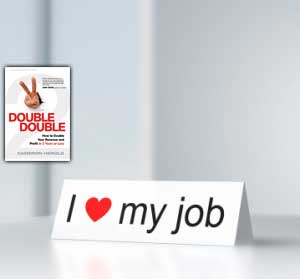 I have been recruiting thousands of employees for 25 years now – and this is easily the best recruiting tactic I’ve ever heard of for getting true A Players. It’s a twist on the old internal referral bonus…
I have been recruiting thousands of employees for 25 years now – and this is easily the best recruiting tactic I’ve ever heard of for getting true A Players. It’s a twist on the old internal referral bonus… So, you want to be an expert recruiter ? You want to get strong at interviewing ?
So, you want to be an expert recruiter ? You want to get strong at interviewing ? The following interview questions are from a survey I found years ago and also include a bunch of my favorites.
The following interview questions are from a survey I found years ago and also include a bunch of my favorites.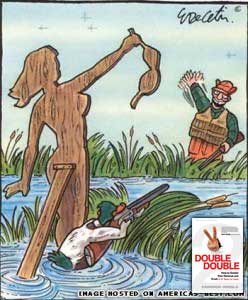 Most top performers work for really average companies.
Most top performers work for really average companies.










